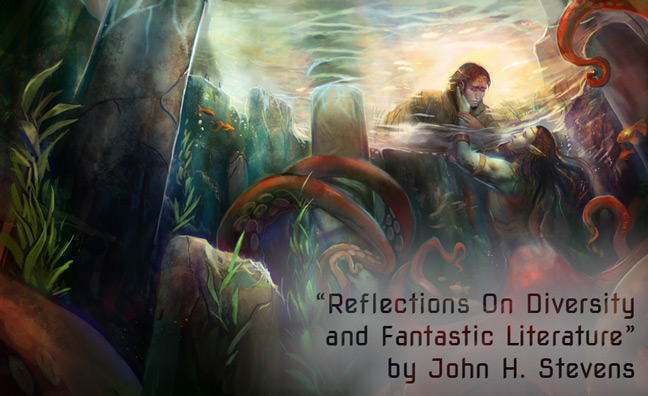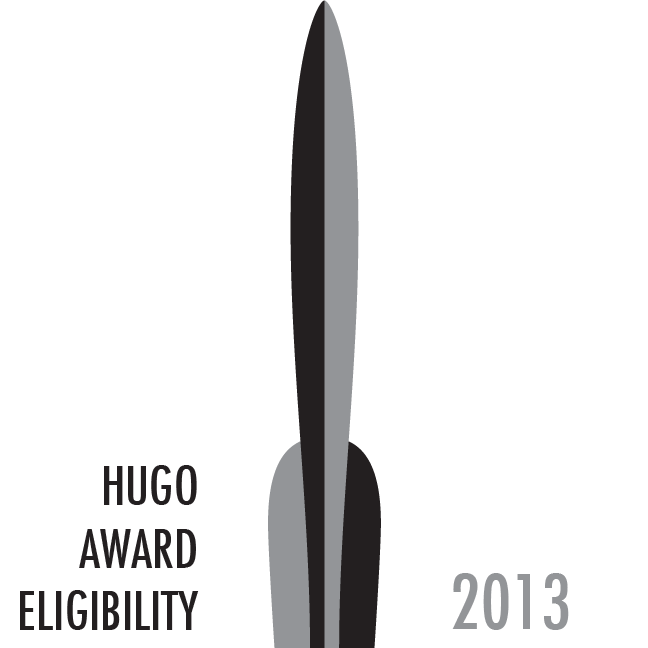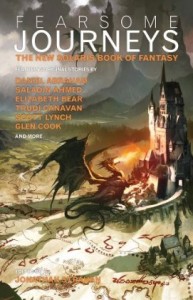 Jonathan Strahan, a popular anthologist, has announced his next project, Fearsome Journeys, a collection of stories from some of today’s best traditional Fantasy authors. The Table of Contents is impressive:
Jonathan Strahan, a popular anthologist, has announced his next project, Fearsome Journeys, a collection of stories from some of today’s best traditional Fantasy authors. The Table of Contents is impressive:
- Introduction, Jonathan Strahan
- “The Effigy Engine: A Tale of the Red Hats”, Scott Lynch
- “Amethyst, Shadow, and Light “, Saladin Ahmed
- “Camp Follower”, Trudi Canavan
- “The Dragonslayer of Merebarton “, K J Parker
- “leaf and branch and grass and vine”, Kate Eliott
- “Spirits of Salt: A Tale of the Coral Sword”, Jeffrey Ford
- “Forever People”, Robert V S Redick
- “Sponda the Suet Girl and the Secret of the French Pearl”, Ellen Klages
- “Shaggy Dog Bridge: A Black Company Story”, Glen Cook
- “The Ghost Makers”, Elizabeth Bear
- “One Last, Great Adventure”, Ellen Kushner & Ysabeau Wilce
- “The High King Dreaming”, Daniel Abraham
I mean, I was sold on this by Daniel Abraham alone (we all know of the enormous crush I have on the man’s fiction), but look at the rest of that Table of Contents: Bear, Kushner, Ahmed, Parker, Lynch? It’s like Strahan reached into my mind and gathered together a list of authors to appeal directly to me. I suppose the list of included stories is a little short, but, given the amount of short fiction that I read (i.e. not enough), I’ll take quality over quantity with a smile on my face. Also, note that the page count is listed at 416 pages, meaning an average of 33 pages per story. This collection reminds me a lot of Swords & Dark Magic, also edited by Strahan, alongside Lou Anders, which collected some wonderful authors together to celebrate the resurgence of Sword & Sorcery-styled Fantasy. Strahan suggests that this could be the beginning of a new series of anthologies, thought that depends on the success of this publication. So, well, buy it, damn you.
Fearless Journeys will be released on May 28th, 2013 by Solaris Books.
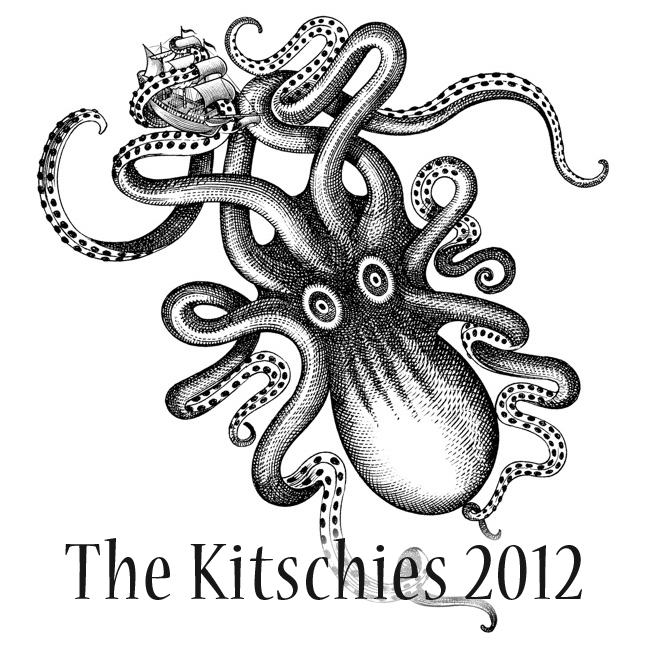
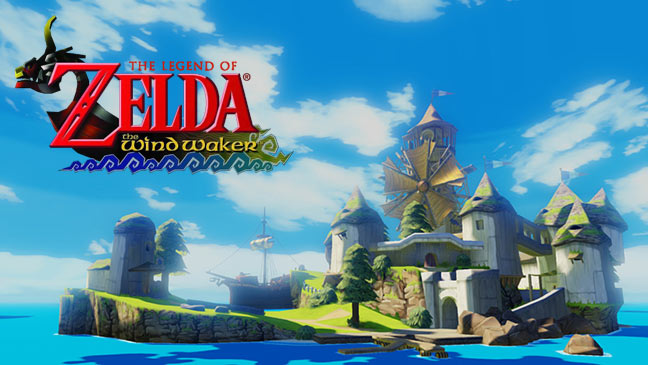

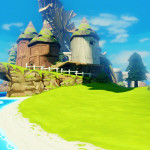
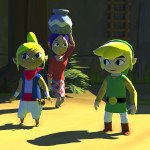
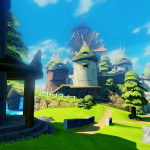
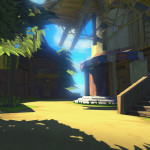

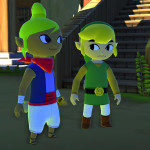

 Jonathan Strahan, a popular anthologist, has announced his next project, Fearsome Journeys, a collection of stories from some of today’s best traditional Fantasy authors. The Table of Contents is impressive:
Jonathan Strahan, a popular anthologist, has announced his next project, Fearsome Journeys, a collection of stories from some of today’s best traditional Fantasy authors. The Table of Contents is impressive: